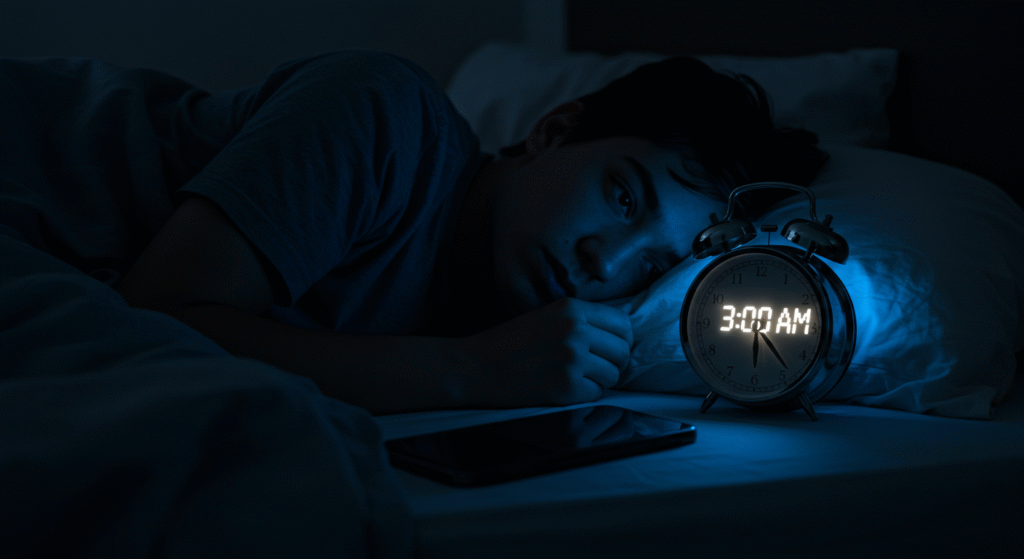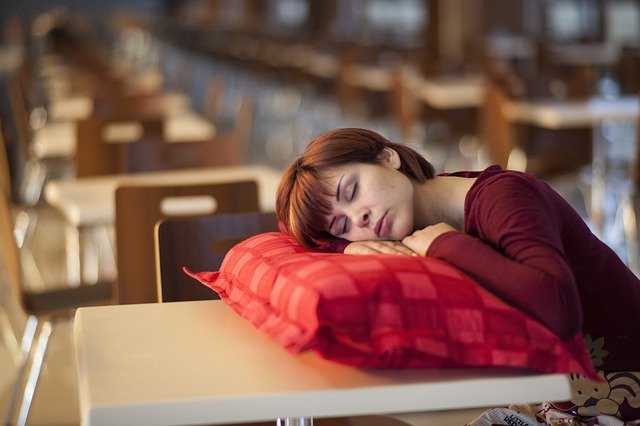
Restless Nights and the Rising Toll of Teen Insomnia
We’ve long known that sleep and mental health are deeply connected. While lack of sleep has traditionally been seen as a symptom of depression, recent research shows that it may also be a cause—especially in teenagers. This insight reshapes how we understand and support teens struggling with emotional well-being.
Insomnia and Depression: A Two-Way Street
Teens dealing with depression often experience changes in sleep patterns. Some sleep too much (hypersomnia), while others can’t sleep at all (insomnia). For many, nighttime becomes a mental battleground—with racing thoughts, loneliness, and regrets making it difficult to relax.
What’s especially concerning is that sleep deprivation may actually trigger or worsen depression.
💡 Did you know?
Lack of sleep affects the amygdala, the brain region that regulates emotions, fear, and anxiety—key players in depression.
During adolescence, the brain and body are in a critical developmental phase, making restorative sleep absolutely essential. Without it, mental health vulnerabilities deepen.
How Lack of Sleep Disrupts Teen Mental Health
- Increases emotional instability
Teens become more irritable, sensitive, and overwhelmed. - Weakens focus and motivation
School performance, attention span, and energy suffer. - Heightens feelings of loneliness and hopelessness
Sleep-deprived teens are more likely to feel socially disconnected.
🛏️ Tips to Help Teens Sleep Better and Feel Better
Encouraging good sleep hygiene can help protect your teen’s mental health:
✅ 1. Avoid Late-Night Snacking
Heavy meals before bed stimulate digestion—making it hard for the body to rest. Aim to eat at least 2 hours before sleep.
✅ 2. Turn Off the Lights
Darkness helps regulate melatonin, the sleep hormone. Install blackout curtains and reduce all light sources.
✅ 3. Cut Out Technology Before Bed
Phones, tablets, and TVs emit blue light, which tricks the brain into thinking it’s daytime. Use night-mode filters—or better, unplug an hour before bed.
✅ 4. Stay Active During the Day
Regular physical activity helps the body feel tired at night. Encourage walks, sports, or even fun chores.
✅ 5. Create a Sleep Routine
Consistency trains the body’s internal clock. Try calming habits before bed like reading, journaling, or deep breathing.
🌙 Final Thoughts: Rest to Heal
Every teen is different, and sleep struggles can have unique root causes. But by taking sleep seriously and creating a supportive nighttime environment, we help teens restore balance in both body and mind.
Sleep is not just a break—it’s a vital form of mental healing. Let’s make it a priority.

